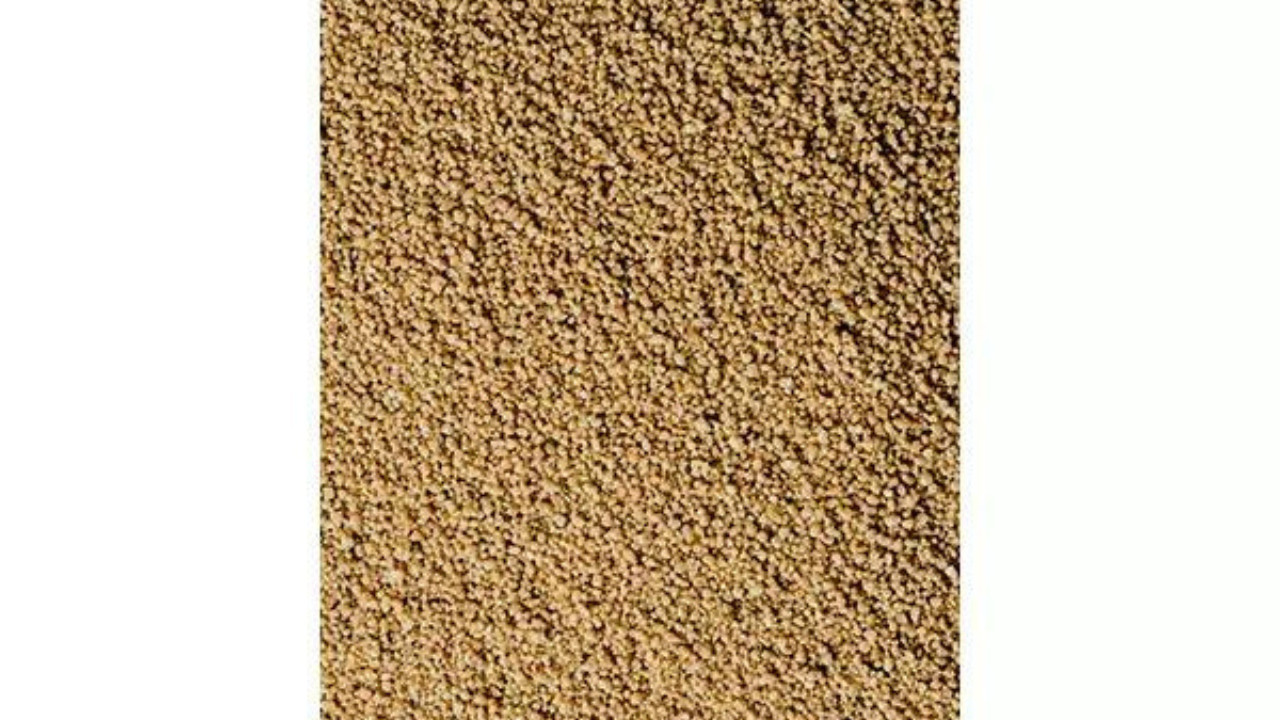India’s role in global food safety gained recognition at a recent international meeting. The Codex Alimentarius Commission praised India’s millet grain standards. India co-chaired initiatives for fresh turmeric and broccoli standards. The nation contributed to the Codex Strategic Plan. India also highlighted its capacity-building efforts in Bhutan, Nepal, and Sri Lanka. The Indian delegation promoted inclusive international standards.
Millets Make Their Mark: India’s Push for Global Food Standards Takes Root
India’s efforts to position itself as a leader in sustainable agriculture and healthy food practices have gained significant momentum on the international stage. At a recent Codex Alimentarius Commission meeting in Rome, India’s standards for millets received high praise, marking a pivotal moment for the country’s ambition to promote these nutrient-rich grains globally. But the story doesn’t end with millets. Progress was also made on setting standards for fresh dates and turmeric, underscoring India’s comprehensive approach to establishing globally recognized benchmarks for its agricultural products.
For those unfamiliar, the Codex Alimentarius Commission is an international body established by the Food and Agriculture Organization (FAO) and the World Health Organization (WHO). Its purpose? To develop international food standards, guidelines, and codes of practice to protect consumer health and ensure fair practices in the food trade. Think of it as the global gold standard for food.

Why Millets? A Grain Revolution
Millets, often dubbed “nutri-cereals,” are small-seeded grasses that have been cultivated for thousands of years. They are incredibly resilient, thriving in arid and semi-arid regions with minimal water requirements, making them a climate-smart agricultural choice. But their benefits extend far beyond environmental sustainability. Millets are packed with nutrients, including fiber, minerals, and antioxidants, making them a healthy and nutritious alternative to more common grains like rice and wheat.
India has been a strong advocate for promoting millets, recognizing their potential to address food security, improve nutrition, and support sustainable agriculture. The United Nations General Assembly even declared 2023 the International Year of Millets, a proposal championed by India, further highlighting the global importance of these versatile grains.
The recognition of India’s millet standards by the Codex Alimentarius Commission is a huge step forward. It provides a globally recognized benchmark for millet quality, promoting fair trade and encouraging wider adoption of these nutrient-rich grains in diets worldwide. This stamp of approval can open up new markets for Indian millet farmers and processors, boosting the country’s agricultural economy.
Dates and Turmeric: Setting the Bar High
While the spotlight was on millets, significant progress was also made regarding standards for fresh dates and turmeric. Dates, a staple in many cultures, are known for their natural sweetness and nutritional value. Turmeric, a vibrant yellow spice, has been used for centuries in traditional medicine and cuisine, celebrated for its anti-inflammatory and antioxidant properties.
Establishing Codex standards for these commodities ensures that consumers around the world can expect a certain level of quality and safety when purchasing dates and turmeric. It also helps to prevent unfair trade practices and protect the interests of both producers and consumers. The detailed attention to standardization ensures better farming practices, better processing standards, and ultimately, a better product for everyone.
The Impact on Indian Agriculture
The adoption of these standards holds tremendous potential for Indian agriculture. It positions India as a leader in developing and promoting sustainable and healthy food systems. By aligning its agricultural practices with international standards, India can enhance its competitiveness in the global market and increase exports of its agricultural products.
Furthermore, these standards can help to improve the livelihoods of Indian farmers. By providing clear guidelines for production and processing, farmers can produce higher-quality crops that meet international market demands, fetching better prices for their produce. This, in turn, can contribute to rural development and poverty reduction. This is especially important for millet farmers, who often operate in marginal environments and rely on these crops for their livelihoods.
This is linked to India’s commitment to sustainable agriculture.
Looking Ahead: A Future Shaped by Standards
The progress made at the Codex Alimentarius Commission meeting is a testament to India’s commitment to shaping the future of food systems. By actively participating in the development of international food standards, India is ensuring that its voice is heard on the global stage and that its agricultural products are recognized for their quality and sustainability. The development in Rome will certainly embolden India to continue to push for further reforms.
The recognition of India’s millet standards and advancements in standards for fresh dates and turmeric mark a significant milestone in the country’s journey to becoming a global leader in agriculture. This recognition not only benefits Indian farmers and consumers but also contributes to a more sustainable and equitable global food system. By setting the bar high for quality and safety, India is paving the way for a future where nutritious and sustainable food is accessible to all.







